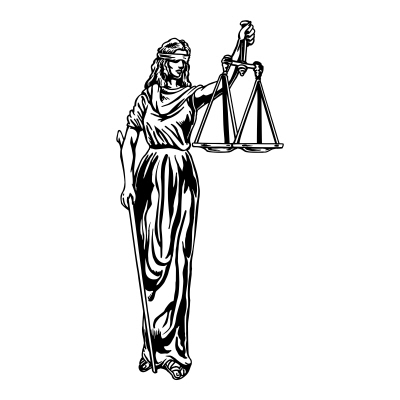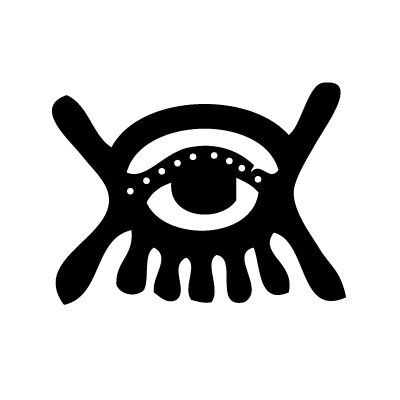Difference between Justice and Fairness

Many people fail to understand the difference between fairness and justice as both terms have very similar meaning. It is absolutely vital to learn how justice is different to fairness for those who are involved in any kind of legal paperwork. Defining these two notions or concepts is extremely important as these are typically used in the same breath. Majority of the people believe that what is just is also fair but this is certainly not the case. Remember, all that is fair is not just and all that is just is not fair. Let us now take a closer look at the differences between these two terms as to where and why they should be used by a person.
Justice is a modern phenomenon that is a combination of different civilisations and societies. Most concepts of justice are based on ethics, morals and equality for every human beings. Fairness, on the other hand, also has a similar meaning but there is a key difference we should be aware of. A fair person will never favour any other person and his views should not be biased or one sided. Fairness requires us to treat everyone equally.
Instructions
-
1
Justice
Justice is a global phenomenon and it should be incorporated into the governing systems to ensure equal rights for every individual in society. It is largely based on equality, ethics and morals. Social justice, in particular, looks into the concept of equality, defining a clear course of action to achieve a system where equal rights are provided to every citizen of the country. Fulfilling basic needs of the people in terms of law, social security and income can also be classified as justice. Modern civilisations excelled by injecting the rule of law into their governing systems. Justice must be a part of all societies to achieve harmony and equal rights. Although life is not always just for all, necessary steps should be taken to improve the justice system of a society. In the field of law, justice is termed as the action taken against a culprit or a criminal. For judges and lawyers, justice means giving a person his due.
- Image courtesy: mncourts.gov

-
2
Fairness:
Fairness requires unbiased views and no favouritism. For example, a teacher in a classroom should treat all students fairly. Children will often cry when their sibling gets something that they think they also deserve. Most major religions encourage followers to be fair to one another and to learn acceptance.
- Image courtesy: webvdo.net








